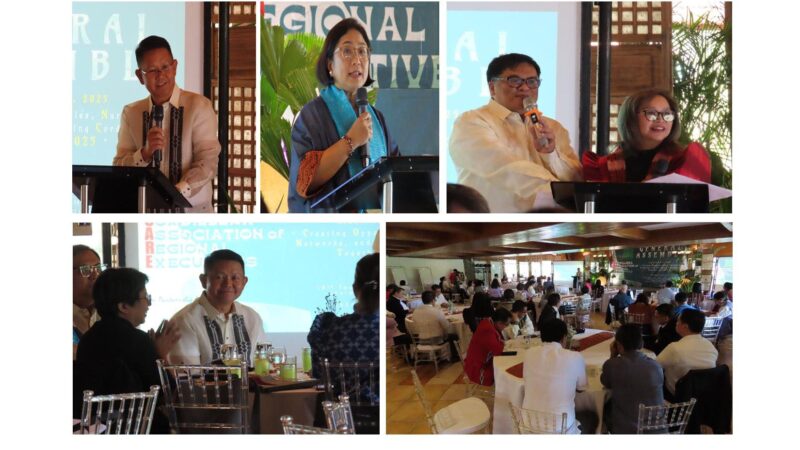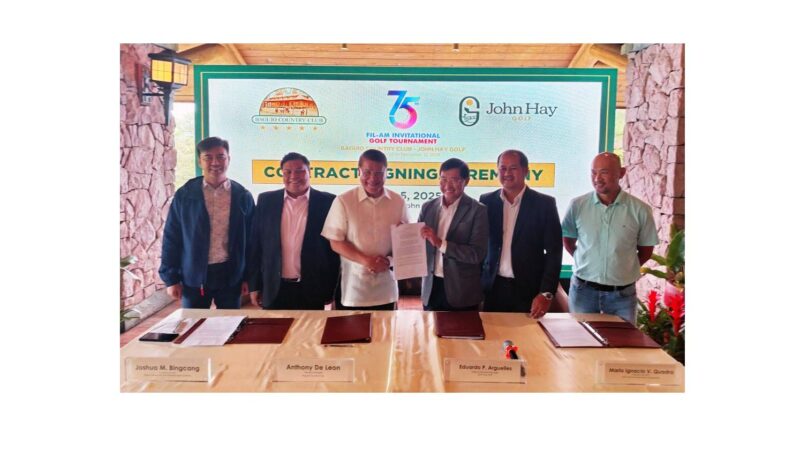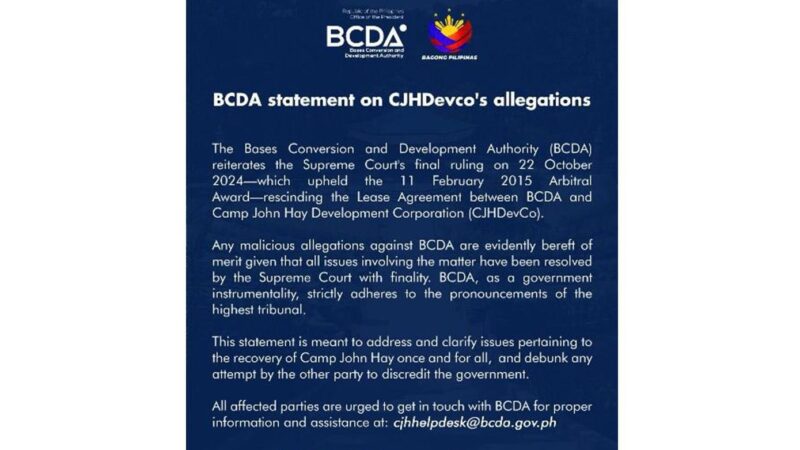Japan offers P1.2B grant for Baguio’s sewerage treatment system feasibility study

The Japan Sewage Works Agency offered a P1.2 billion grant to the City Government of Baguio for the conduct of a feasibility study and design for the development of sewerage treatment system covering Galiano, Bued and Ambalanga river basins.
Representatives from the Japan Sewage Works Agency led by Director General Hirokazu Iwasaki presented the project concept to Mayor Benjamin B. Magalong on Wednesday, June 15.
A pre-feasibility study was already conducted by the Japan agency with its partner Original Engineering Consultants Co., Ltd. which reveals the need to develop a sewerage treatment plant (STP) for Galiano and Bued and a sludge center within the Ambalanga river basin. City Environment and Parks Management Office (CEPMO) representatives led by Assistant Department Head Engr. Marivic S. Empizo together with Engr. Wilbur S. Suanding, and Engr. Joseph A. Willy assisted in the site assessment and inspection of said technical study.
For communities beyond the STPs service area, the agency is recommending the development of Johkasou – a Japanese technology that processes wastewater using a combination of aerobic and anaerobic treatment.
“I am highly interested in Japan’s grant in order to implement the proposed development of sewerage treatment system in Baguio City covering Galiano, Bued and Ambalanga river basins,” Magalong said.
Baguio City has been facing difficulties and challenges in the management of waste water due to the complex nature of the wastewater treatment system and the topographical terrain of the mountainous city, and that the comprehensive management requires large capital.
Magalong expressed his confidence that advanced Japanese advance technologies such as NH4-N Control System and Phosphorous Control System that are commonly applied to sewerage system in Japan will pass the DENR’s strict standards of nitrogen and phosphate removal in the effluent water with STPs having smaller footprint.
The grant has to be endorsed by the Japanese Embassy and affirmed by the National Economic Development Authority in the country before implementation. Once approved, the feasibility study may start in 2023 and is expected to be completed by 2024. – Jessa Mardy P. Samidan







